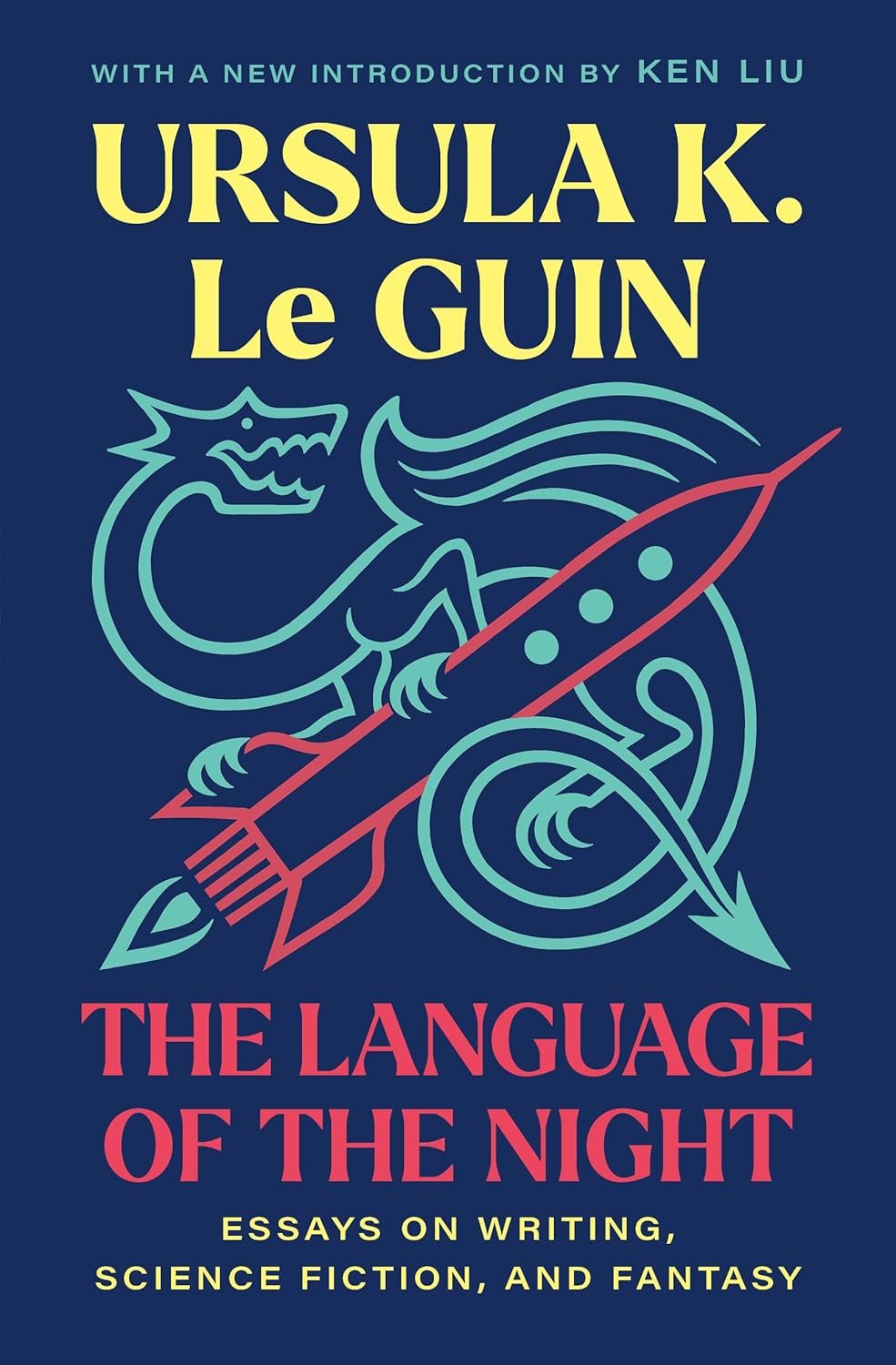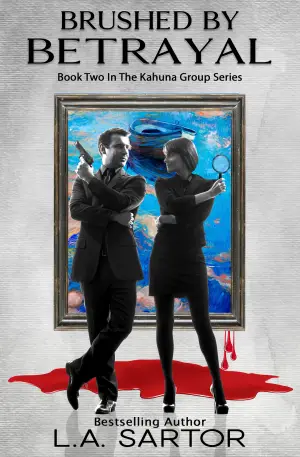
06 Aug Exploring the Cosmos of Imagination: A Dive into The Language of the Night
Exploring the Depths with Ursula K. Le Guin: A Review of The Language of the Night
When I first picked up The Language of the Night: Essays on Writing, Science Fiction, and Fantasy, I did so with a twinge of nostalgic curiosity. Ursula K. Le Guin’s work has left an indelible mark on my reading life, her stories resonating with a deeply felt magic that invites both wonder and introspection. Returning to her first full-length collection of essays felt like reconnecting with an old friend—one who has much to teach me, even decades after her initial publication.
This revised edition contains twenty-four essays that traverse the world of science fiction and fantasy, revealing Le Guin’s insightful reflections on the craft of writing. The introduction by Ken Liu enriches the text, providing a contemporary lens through which to appreciate Le Guin’s profound impact. Reading her words sparked a multitude of emotions; it felt like stepping into a dialogue that brims with wisdom and authenticity.
Le Guin’s voice—both sharp and witty—sings through every essay. She brilliantly articulates what it means to write in a genre that often struggles for legitimacy. One standout essay, “From Elfland to Poughkeepsie,” unpacks the art of fantasy writing in a way that is both lyrical and analytical. Here, she reasons with such clarity that one can’t help but nod along in agreement, even if, like some readers, you may hold contrasting views. Several insights I found particularly striking relate to the depths of emotion and existential inquiry that fantasy can evoke—“We like to think we live in daylight, but half the world is always dark; and fantasy, like poetry, speaks the language of the night.” This quote encapsulates why I find solace in exploring fantastical worlds: they allow us to engage with complexities often overlooked in our everyday lives.
As I delved into Le Guin’s rich exploration of her own writing process and the themes that anchored her most well-known works, I was reminded of how personal and transformative storytelling can be. The essays are not merely academic; they breathe life into writing itself. Le Guin’s dedication to expanding the definitions of fantasy and science fiction reflects an unwavering advocacy for these genres as vital literary forms.
Her reflections on gender and identity resonate profoundly, especially today’s conversations surrounding these topics. In many ways, reading Le Guin’s insights made me feel less alone in my writing journey—her words are a comforting reminder that one’s struggles as a writer are universal.
The prose flows smoothly, with Le Guin’s eloquence unveiling layers of thought that are both thought-provoking and accessible. Yet, I did sense occasional repetitions in themes, but they often served to solidify her points rather than detract from the overall reading experience—a testament to her mastery in weaving complex ideas into coherent narratives.
The Language of the Night is not just for sci-fi or fantasy enthusiasts; it’s a gift to anyone who contemplates the act of creation, who wrestles with identity, or who seeks comfort in literature’s embrace. As I closed the book, I felt a renewed sense of purpose—an urge to write and to explore the inexplicable corners of my own creative mind.
For anyone venturing into the realms of writing or simply looking to explore the art of storytelling, I wholeheartedly recommend this collection. Ursula K. Le Guin’s illuminating prose will not only spark inspiration but also encourage deep reflection on what it means to write—and perhaps, to be human.
You can find The Language of the Night: Essays on Writing, Science Fiction, and Fantasy here >>









